Have you ever grabbed something and looked at the label, only to feel as if what you’re reading is written in a completely different language? Most likely you have. The truth is that labels are confusing, and CBD is no exception. Actually, labels of CBD products can be even more confusing than those you can find on food.
Why? Well, there are plenty of reasons, but probably the main one is that it hasn't been around for long, so people are still getting used to it and are still at the stage of gaining knowledge about it. However, does it mean that you should just buy a random CBD oil or other product because you don't know what is written on the label? Of course not. Instead, you should learn about it.
And that's exactly what we're going to do in this article - teach you how to read those labels so that next time you see a private label on CBD products, you will know what you are paying for. So, let's get started.
CBD Labels - The Requirements
At the moment, all states have their own requirements regarding what should be stated on the label. However, once the state authorizes the sale of CBD products, it mandates (in one way or another) that the labels of such products sold within its borders should be labeled according to the Food, Drug, and Cosmetic Act (FDCA for short).
Due to this, every product that is sold within the US, no matter if it's a CBD oil, a lip gloss, rice, etc., should contain these four elements:
- identity statement - tells you what the product is
- net weight statement
- list of ingredients
- data of the manufacturer, packer, or distributor, along with their address
Important: According to the FDA, the CBD product label cannot contain any health claims - statements that would indicate that the product has the ability to cure a particular condition. If you are a manufacturer and add it onto your label, the FDA will issue a warning letter.
Now that you know what the general requirements for any label are, let's break down what else such a label contains.
CBD Dosage
This is probably the most important part of the label. It can give you information such as how many milligrams of CBD there is in the product, serving sizes, milligrams per serving, and the number of servings.
Unfortunately, as the research conducted by the FDA revealed, many manufacturers, either don't disclose the amount of CBD in the product on the label, or the number stated isn't accurate, and the product actually contains a lot less CBD than written on the label.
To be precise, according to the report called "Labeling Accuracy of Cannabidiol Extracts Sold Online," among the products which were bought for research purposes, "42.85% of products were under-labeled, 26.19%, were over-labeled, and 30.95% were accurately labeled."
CBD Oil Source
Another thing that you'd probably want to know as a paying customer is where the CBD comes from.
For instance, CBD used in medical and adult-use markets comes from plants that are bred for strong aromas, flavors, and effects. They very often contain THC, which is the cannabis' psychedelic ingredient that causes euphoria. On the other hand, hemp-derived CBD comes from hemp plants that contain less than 0.3% of THC.
Some other things that you should look out for are whether the CBD is:
- full-spectrum - includes all the ingredients normally present in a cannabis plant with 0.3 percent THC
- broad-spectrum - contains all the ingredients aside from THC
- isolate - contains almost only CBD crystals
Important: No mention of the source on the label or very vague sourcing is a red flag. Also, watch out for phrases such as 'hemp extract' or 'hemp oil' as manufacturers use them to deflect any claim to deliver actual CBD.
Other Important Things to Look Out For
Although the things we stated above are crucial, there are some others that you might look out for so that you know the product you are buying is actually safe and legit. Those include:
- Batch and lot number - those are a sign of accountability. It also makes things easier in case of a recall, as the manufacturer will be able to tell where the products went.
- Manufacturing date - allows you to keep track of the freshness of your product
- License numbers - state-licensed cannabis product manufacturers need to state their license number on the label so that they can be distinguished from the non-licensed makers.
- Third-party certification - confirms the accuracy of the things stated on the label
The Bottom Line
CBD products are still quite new on the market, which is why understanding what you are buying, even if you have the label in front of you, can be quite hard. However, it doesn't have to be - you just need to educate yourself on the matter.
There are a few things that each CBD product label needs to state - aside from the obvious ones that every item sold within the U.S. should have - and those include the dosage, how many milligrams of CBD there are in the product, and where the CBD comes from.
We hope that after reading this article, you'll be able to easily tell whether the product you are considering is actually worth the money you want to spend or not really. Good luck!
Are you still missing out on The Bluntness newsletter? Sign Up today to stay in the loop.
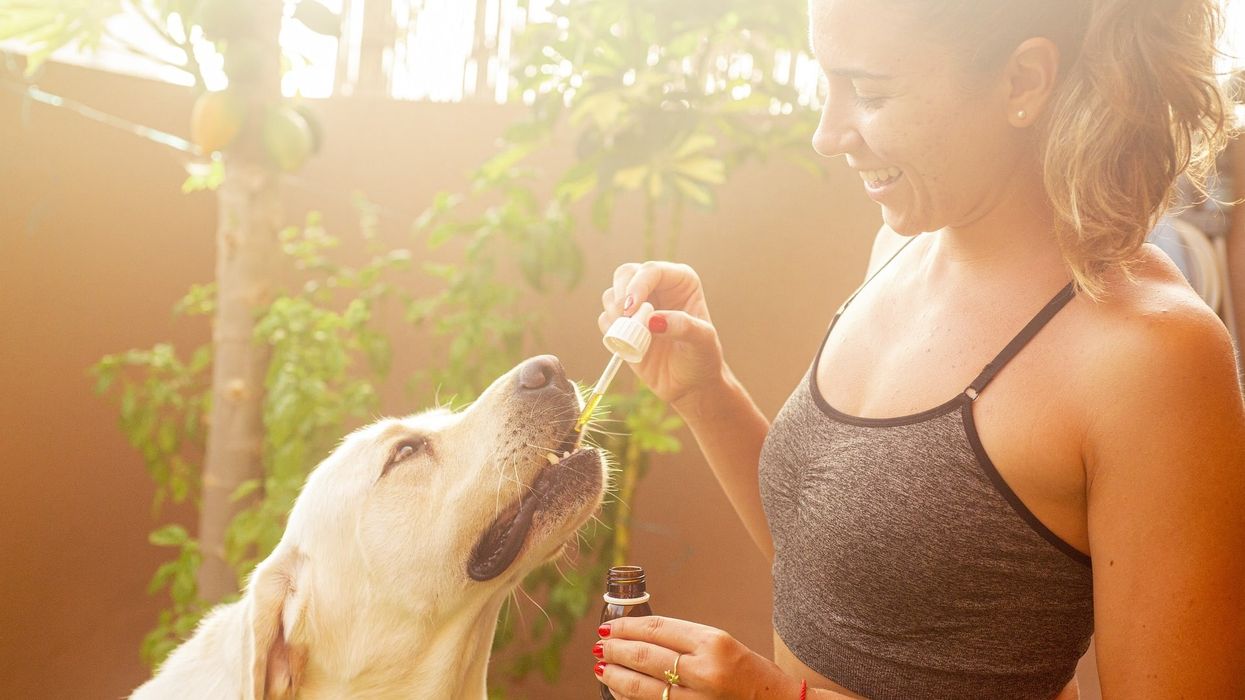






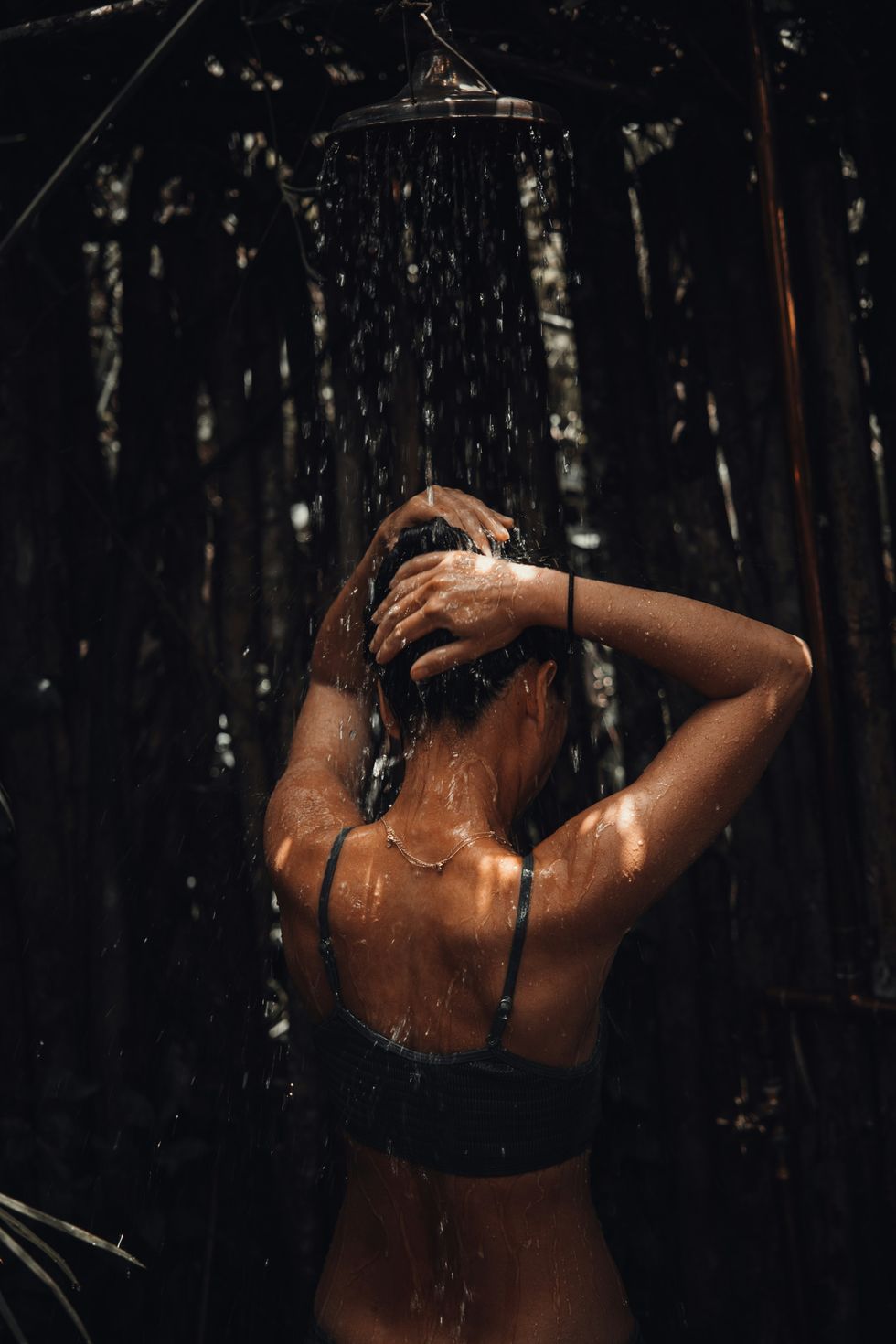 11 Signs You've Greened Out and How to Handle It - The Bluntness
Photo by
11 Signs You've Greened Out and How to Handle It - The Bluntness
Photo by  11 Signs You've Greened Out and How to Handle It - The Bluntness
Photo by
11 Signs You've Greened Out and How to Handle It - The Bluntness
Photo by 






 The Truth About THC Candle: Cannabis Candles & How to Make Your Own - The Bluntness
Photo by
The Truth About THC Candle: Cannabis Candles & How to Make Your Own - The Bluntness
Photo by 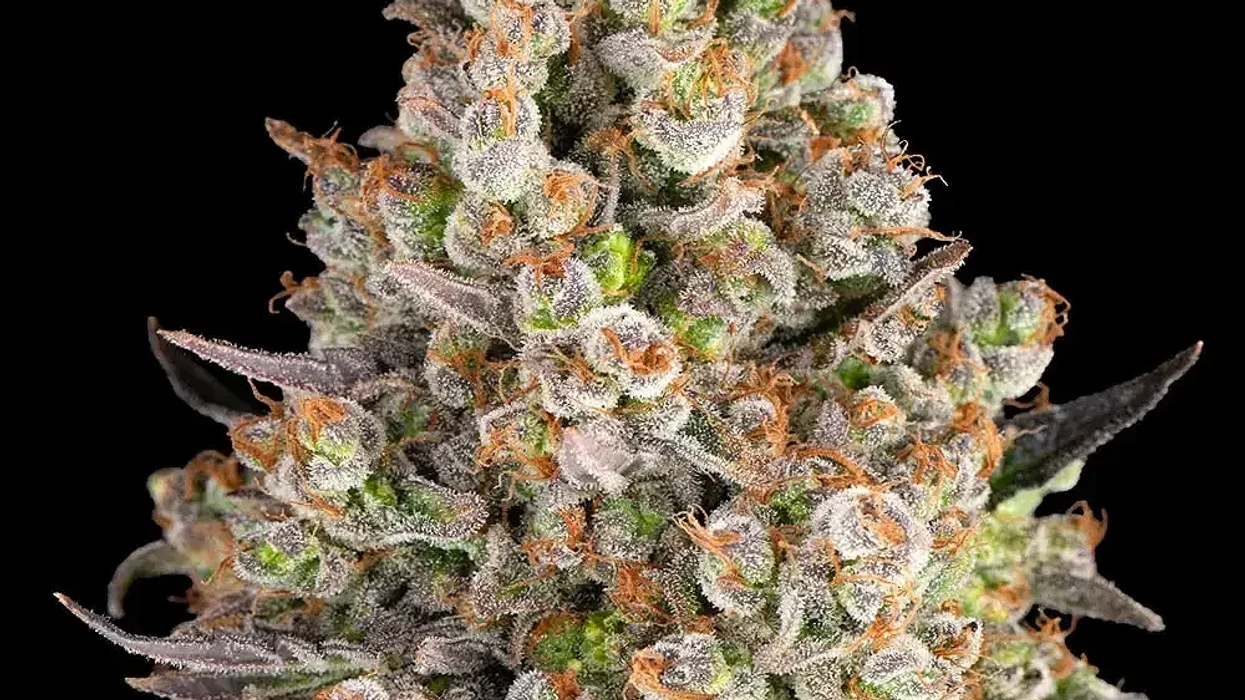
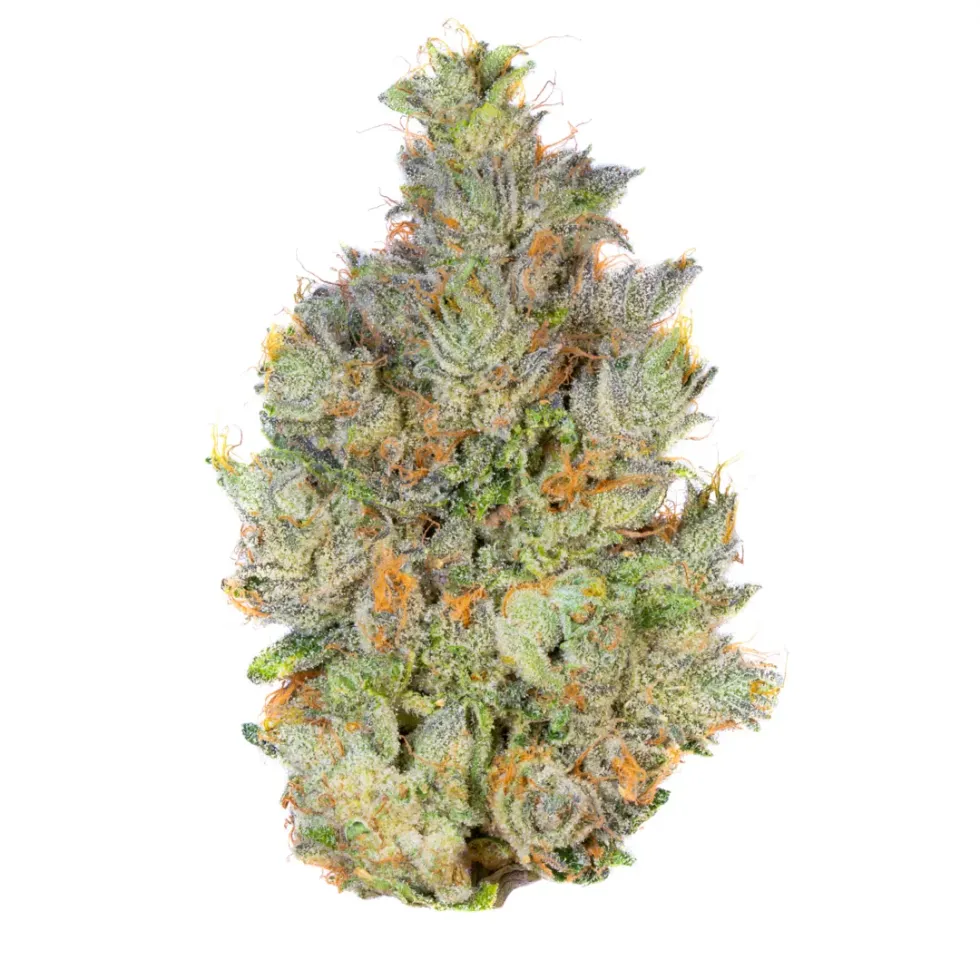 OG Kush Strain: The West Coast Classic That Defined a Generation - The BluntnessAlien Labs
OG Kush Strain: The West Coast Classic That Defined a Generation - The BluntnessAlien Labs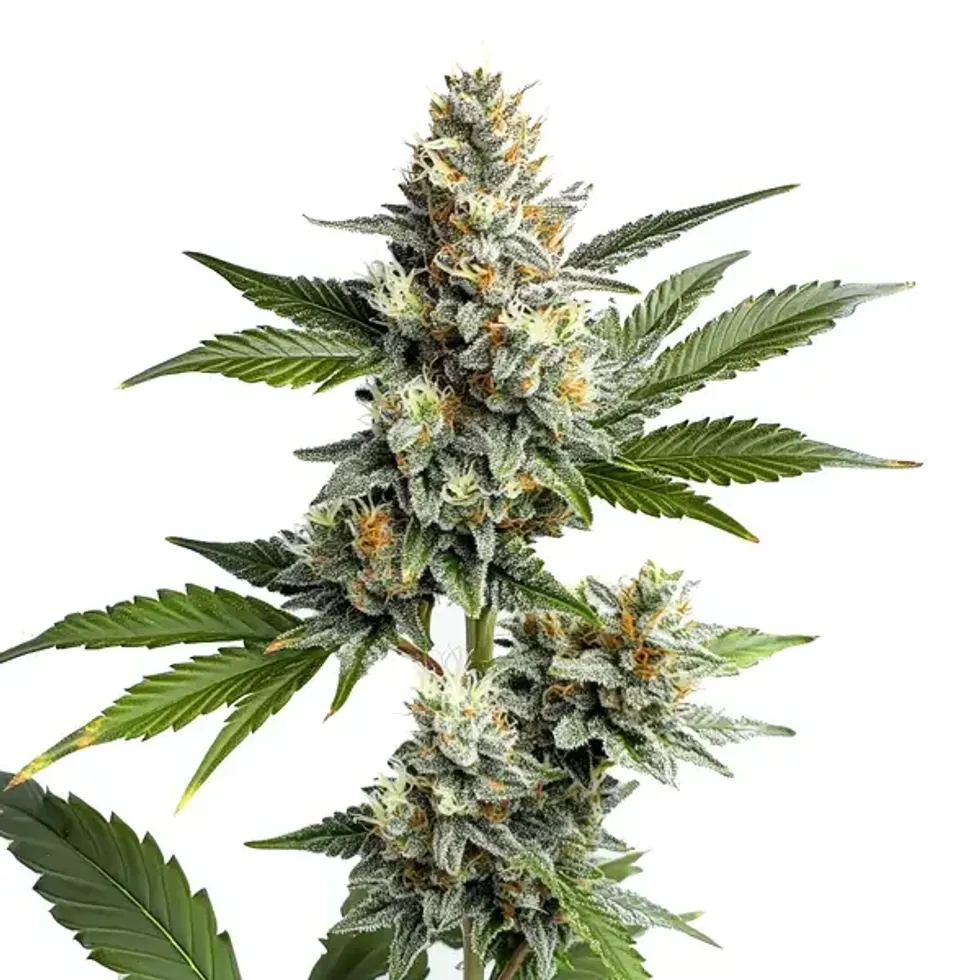 OG Kush Strain: The West Coast Classic That Defined a Generation - The Bluntness
OG Kush Strain: The West Coast Classic That Defined a Generation - The Bluntness
 What will you do with that cannabis kief collection? - Make Coffee! The Bluntness
What will you do with that cannabis kief collection? - Make Coffee! The Bluntness DIY: How to Make Kief Coffee - The Bluntness
Photo by
DIY: How to Make Kief Coffee - The Bluntness
Photo by 